|
2024 Forum Registration is Open!!
Learn More & Get Registered!
|
|
The Global Child Nutrition Foundation (GCNF) invites you to register here to attend the Global Child Nutrition Forum happening in Osaka, Japan from December 9 through 12, 2024. The registration form is available in English, French, and Spanish. This four-day learning exchange and technical assistance conference supports countries' efforts to develop and implement sustainable school meal programs. The theme of the 2024 Forum is “School Meal Programs in an Era of Food Systems Transformation”.
Registration fees will vary depending upon participant type. Government representatives from Low- and Middle- Income Countries and Japan can attend the Forum free of charge. Registration for Government Representatives from High-Income countries is $400. For participants from international organizations, NGOs, academia, and individuals, registration is $250; for participants from the private sector, the registration fee is $500.
Participants are responsible for their own travel, lodging, and for some meals. Organizations that are interested in sponsoring the Forum and/or participant(s) can contact info@gcnf.org for available sponsorship opportunities. Hotel room blocks near the conference center will be made available to registered participants at a date closer to the Forum. Hotel room estimates range from $100-250/night, depending upon room selection and availability. Participants are recommended to arrive by Sunday, December 8, and leave on Friday, December 13.
Japan was selected as the 2024 location due to its exceptional school lunch and nutrition education programs, and aims to build on the successes of the Nutrition for Growth Summit, the Tokyo International Conference on African Development (TICAD), the Global School Meals Coalition, and the United Nations Food Systems Summit. The program includes plenary sessions, technical workshops, a gala event, and a day trip to see local school meal activities.
For answers to frequently asked questions about the Forum and to learn more, please visit GCNF’s Forum webpage. The frequently asked questions are translated into French, Japanese, and Spanish. For additional assistance on Forum registration, please contact info@gcnf.org.
*****
La Fondation mondiale pour la nutrition infantile (GCNF) vous invite à vous inscrire ici pour assister au Forum mondial sur la nutrition infantile qui se tiendra à Osaka, au Japon, du 9 au 12 décembre 2024. Le formulaire d’inscription est disponible en anglais, français et espagnol. Pour obtenir des réponses aux questions les plus fréquemment posées sur le Forum, veuillez consulter la page Web du Forum de la GCNF. Ces questions fréquemment posées sont traduites en français, japonais et espagnol. Pour obtenir une assistance supplémentaire concernant l'inscription au Forum, veuillez contacter info@gcnf.org.
世界児童栄養財団(GCNF)は、2024年12月9日から12日まで日本の大阪で開催される「2024 世界こども栄養フォーラム」に参加する方のための登録の方法をご案内します。登録フォームは英語、フランス語、スペイン語で利用可能です。フォーラムに関するよくある質問への回答については、GCNFのフォーラムウェブページをご覧ください。フォーラムの登録に関する追加のサポートについては、info@gcnf.orgまでお問い合わせください。
La Fundación Global de Nutrición Infantil (GCNF) lo invita a registrarse aquí para asistir al Foro Global de Nutrición Infantil que tendrá lugar en Osaka, Japón, del 9 al 12 de diciembre de 2024. El formulario de inscripción está disponible en inglés, francés y español. Para obtener respuestas a las preguntas más frecuentes sobre el Foro, visite la página web del Foro de GCNF. Estas preguntas frecuentes están traducidas al francés, japonés y español. Para obtener apoyo adicional sobre el registro en el Foro, por favor comuníquese con info@gcnf.org.
|
|
|
2024 Global Child Nutrition Forum
Why Japan?
|
|
Japan was selected as the location of the 2024 Global Child Nutrition Forum for its nationally owned and managed high quality school meal program. Below are just a few reasons why Japan’s impressive program stands out! |
|

|
|
Photo courtesy of Kei Kuriwaki, President of International Child Nutrition Japan
|
|
1. The Classroom as a Dining Room
At lunch time, students set up the classroom as a lunchroom and rearrange their desks as dining tables. Education continues as students enjoy their meals while learning about food and nutrition. Japan calls the integration of food and nutrition education into the school day shokuiku. Shokuiku was formally institutionalized in 2005 and is actively supported by multiple ministries.
2. Active Student Participation
The students are engaged! From setting and clearing tables, to serving food to their fellow students, all students participate in the tasks of shared meals. The participation fosters a sense of community and responsibility, teaching lifelong practices and helping students understand their role in ensuring a sustainable future for all.
3. Expertly Planned Meals
School menus are planned by Food and Nutrition teachers who take nutrition, seasonality, and local preferences into the menu! They prioritize Japan’s traditional food culture and children are exposed to traditional foods, learn cooking basics, and appreciate culinary diversity.
4. A National Commitment
In Japan, school meals represent a collective effort across multiple sectors. Japan invests in school meals to help achieve the Sustainable Development Goals including zero hunger and education for all. This investment contributes to a healthy, thriving, and prosperous society.
5. Collaborative Efforts
The success of Japanese school meals is a result of shared commitment from various stakeholders. National and local governments, community organizations, persons working in agriculture, forestry, and fisheries, and businesses are all involved in the effectiveness and sustainability of school meals. This collective effort elevates school meals as an integrated part of Japanese culture.
|
|
Join us in Osaka! The 2024 Global Child Nutrition Forum will highlight the latest research, emerging trends, and innovations in key areas such as food and nutrition education, program sustainability, diet diversity, and financing! Participants will learn more about shokuiku and join field trips to see Japanese school meal activities in action! For more information on this year’s forum and to register to attend, please visit GCNF’s website here. |
|
|
Final countdown to participate in Global Survey!
|
|
Governments from around the world are encouraged to participate in the 2024 Global Survey of School Meal Programs by completing the 2024 Global Survey Questionnaire available here. This questionnaire is available in eight languages, including, Arabic, Chinese, English, French, Japanese, Portuguese, Russian and Spanish, and collects government-sourced data on the 2022 school year. Data collection is ongoing through mid-June 2024 and the survey results are planned for release in December 2024 at the Global Child Nutrition Forum.
As of May 20, 2024, 111 governments have completed this year’s survey; 47 are in progress; 31 countries have not yet started the process, and 11 countries have chosen not to participate. This survey status map as well as a country participation status list is periodically updated on GCNF’s website here. Several countries have participated in the survey for the first time. These include: Albania, Djibouti, the Dominican Republic, Jordan, and Morocco. We look forward to seeing this list grow!
|
|
|
Has your country started or submitted the survey yet?
|
|
|
This survey, administered by the Global Child Nutrition Foundation (GCNF), is the most comprehensive data collection on national and large-scale school feeding programs globally. The resulting data provides governments and other stakeholders with an up-to-date global database of standardized information on school meal programs to make informed decisions.
National governments are invited to designate a government-appointed Focal Point to complete the Global Survey of School Meal Programs. GCNF has designated a Global Survey Associate for dedicated support to each country's Focal Point as they complete data collection. To be connected with a Global Survey Associate for additional support on this process, please contact info@gcnf.org.
The Global Survey has been conducted twice thus far, covering the school years that began in 2017 and in 2020. The first two rounds of the Global Survey captured information on 155 countries, representing the first successful attempt to gather standardized school meal information directly from governments around the world on a regular basis. Organizations supporting national and large-scale school feeding programs can encourage and support their government counterparts to complete this survey by mid-June 2024. To learn more about the survey visit GCNF’s website.
|
|
|
School Meals in the News:
|
|
|
Updates to USDA’s School Nutrition Standards
|
|
|
In April, USDA’s Food and Nutrition Service (FNS) published an updated set of dietary guidelines for school meal standards, Child Nutrition Programs: Meal Patterns Consistent With the 2020-2025 Dietary Guidelines for Americans. The changes are based on a comprehensive review of the Dietary Guidelines for Americans, 2020-2025, robust stakeholder input on the CNP meal patterns, and lessons learned from prior rulemakings.
|
|
|
‘Transforming School Food Politics around the World’
Edited by Jennifer E. Gaddis, Sarah A. Robert
|
|
|
School food programs are about more than just feeding kids. They are a form of community care and a policy tool for advancing education, health, justice, food sovereignty, and sustainability. Transforming School Food Politics around the World illustrates how everyday people from a diverse range of global contexts have successfully challenged and changed programs that fall short of these ideals. Editors Jennifer Gaddis and Sarah A. Robert highlight the importance of global and local struggles to argue that the transformative potential of school food hinges on valuing the gendered labor that goes into caring for, feeding, and educating children.
|
|
|
‘School Meals, Social Protection, and Human Development: Revisiting Trends, Evidence, and Practices in South Asia and Beyond’, by Donald Bundy, Ugo Gentilini, Linda Brooke Schultz, Biniam Egu Bedasso, Samrat Singh, Yuko Okamura, Hrishikesh Iyengar, Mia Monique Blakstad
|
|
|
With nearly 420 million children reached worldwide, school meals are among the largest-scale social protection interventions. This paper traces the evolution of school meals programs globally, examines the empirical evidence underpinning them, reviews select implementation practices with an emphasis on South Asia, and provides one of the first estimates of the World Bank’s investments in school meals.
|
|
|
March 12-13, 2024: Southeast Asia regional conference on school-aged children’s nutrition and school meals
|
|
|
On March 12-13, 2024 the World Food Programme (WFP) and UNICEF hosted a Southeast Asia regional conference to discuss collaboration in school meals. GCNF participated to highlight the latest available school meal data in the region, to help ensure conversations are grounded in evidence. Find the main highlights here.
|
|
|
April 23, 2024: conference on “Healthy Diets in School Meal Programs”
|
|
|
On April 23, 2024 the Food Future Foundation and the Coalition for Food Systems Transformation in India organized “Healthy Diets in School Meals”, a one day conference in Delhi, India.
|
|

|
|
GCNF Senior Advisor for Nutrition, Rita Bhatia (second left), and Japanese partners from Ajinomoto Group
|
|
|
May 21-23, 2024: ECOWAS-WFP Regional conference on Home-Grown School Feeding
|
|
|
On May 21-23, 2024 the Economic Community of West African States (ECOWAS) jointly with the United Nations World Food Program (WFP) hosted a regional conference on Home-Grown School Feeding in Dakar, Senegal. GCNF presented an overview of the latest available school meal data from the ECOWAS region as well as all of Africa, and the latest survey status update for the region. More information on the conference can be found here.
|
|

|
|
ECOWAS regional Home-Grown School Feeding conference participants in Dakar, Senegal
|
|
|
|
|









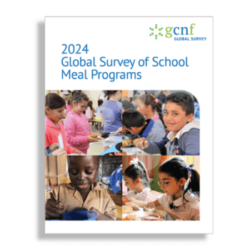
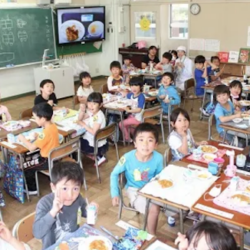

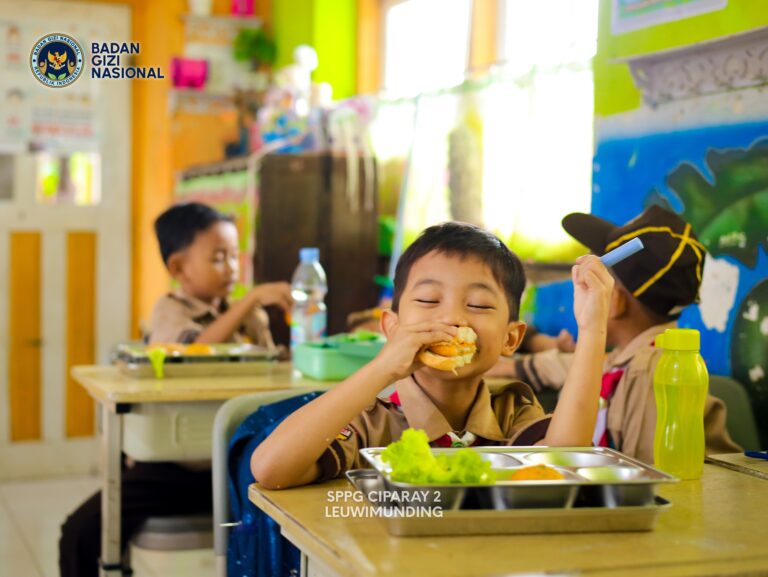

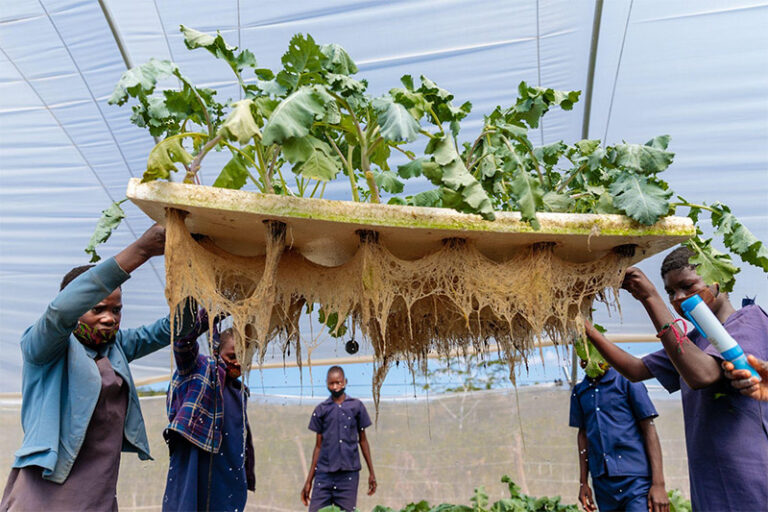
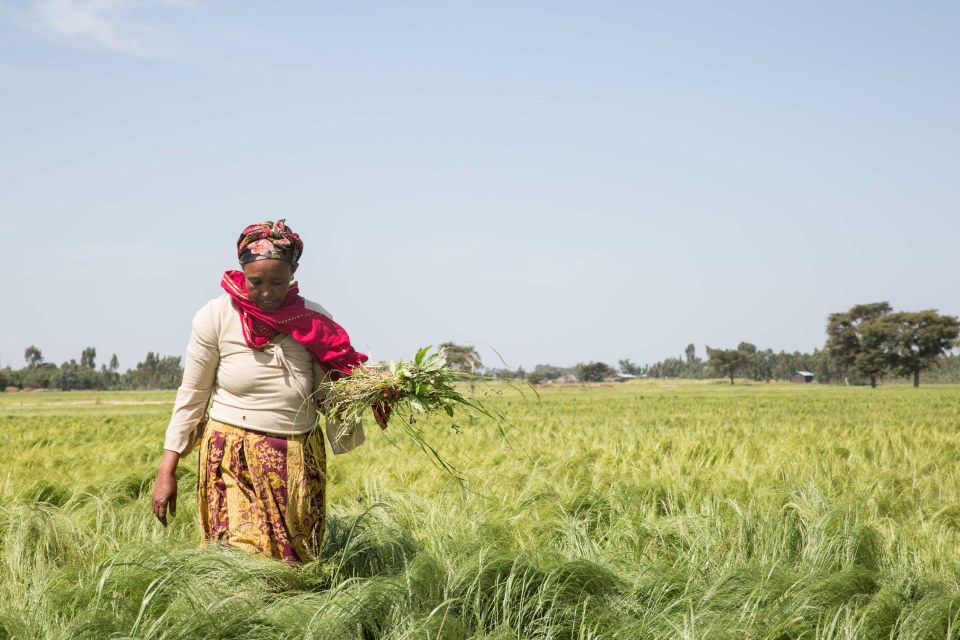
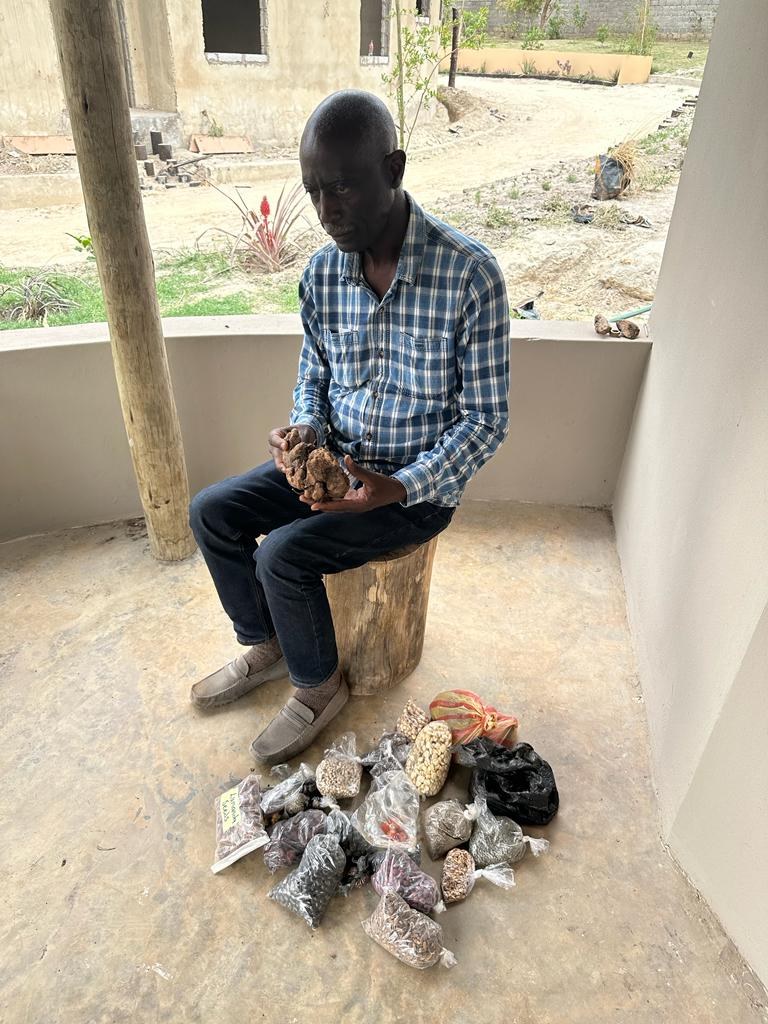
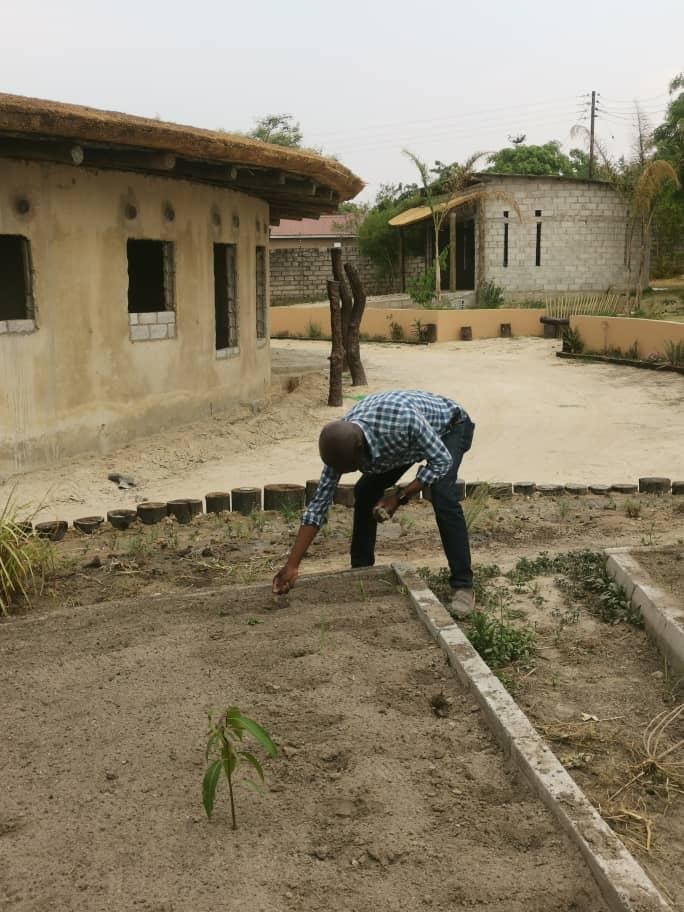
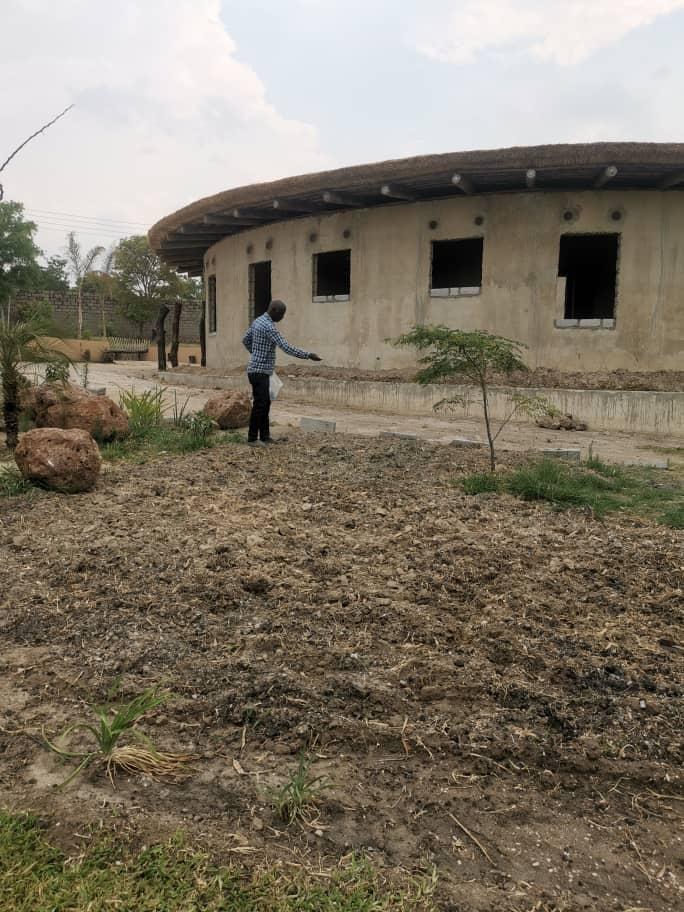
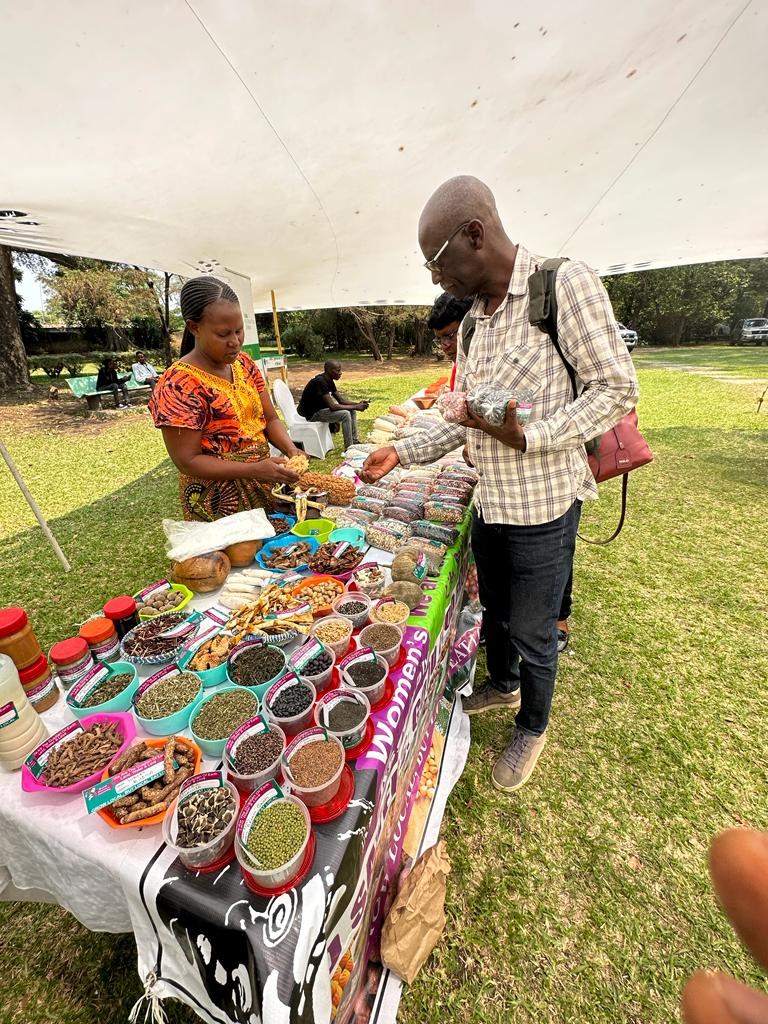
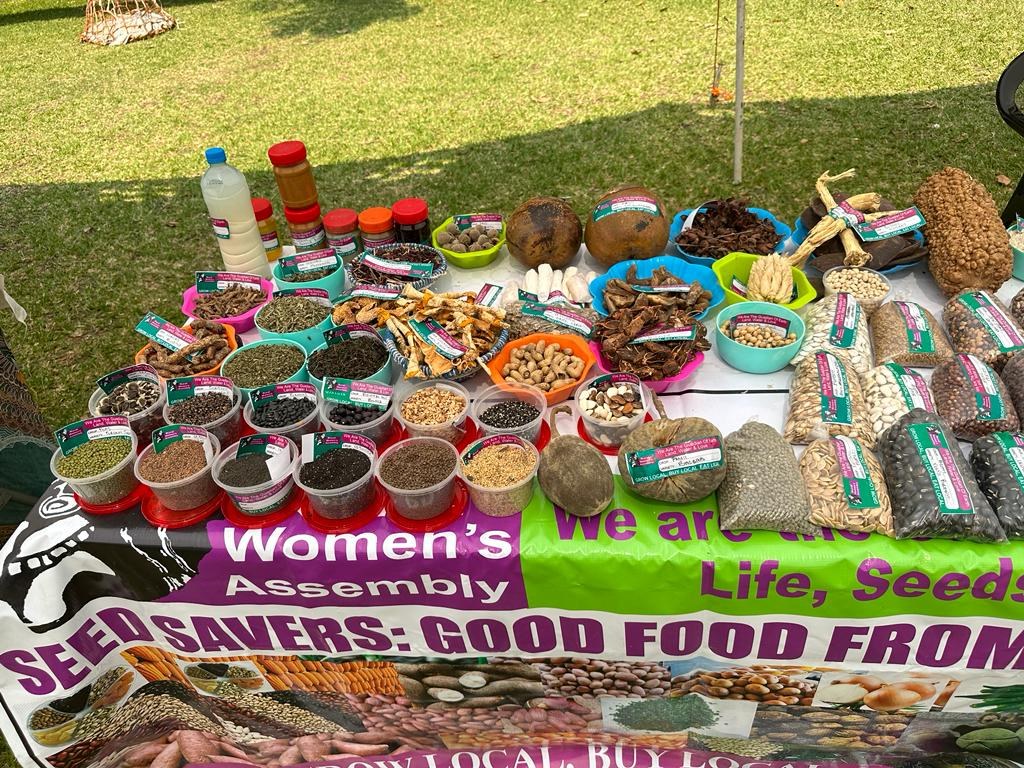
No comment yet, add your voice below!